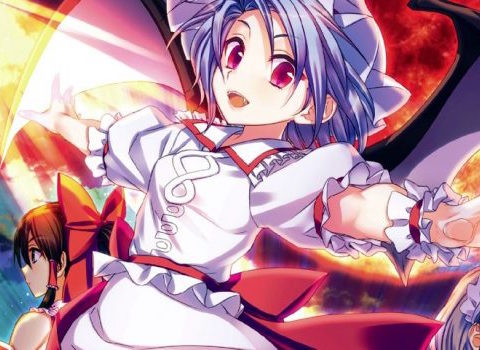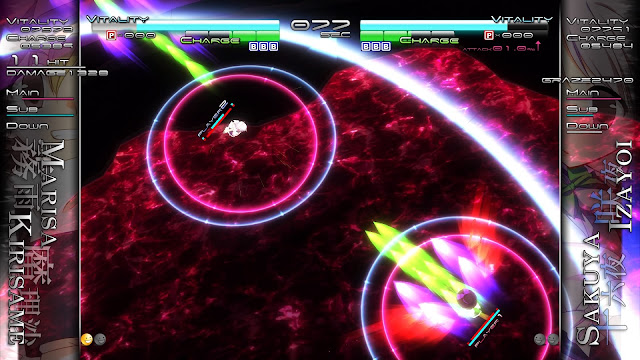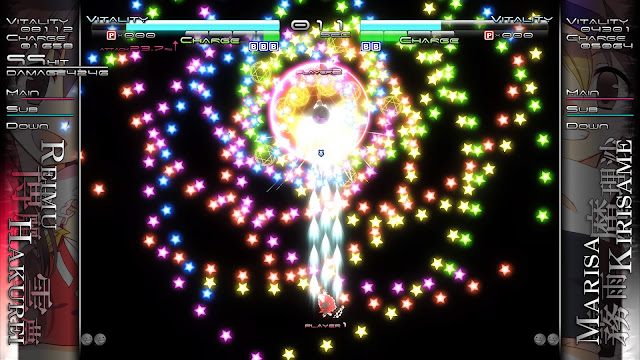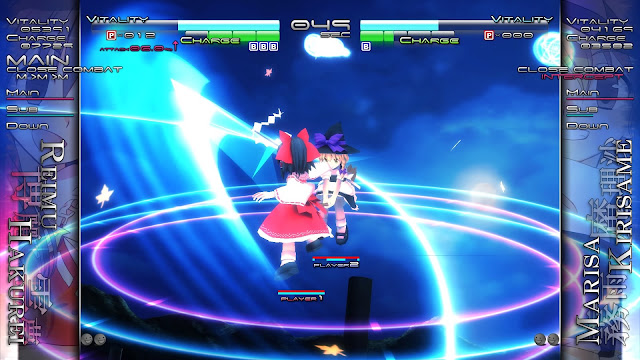Of course, these games are of minimal value to those without twitch reflexes and an aptitude for prediction or pattern memorisation. It’s no wonder that this subgenre is petite where sales figures are concerned and hasn’t seen a huge commercial following outside Japan. That high skill ceiling doesn’t mean these games have to be content resting on their laurels instalment after instalment, however. Touhou Genso Rondo: Bullet Ballet spins a franchise nearly 20 years old off into uncharted territory that should render it a touch more palatable to non-fans of bullet hell games, simply because it’s so distinctive.
– Clark A.
Anime Editor













